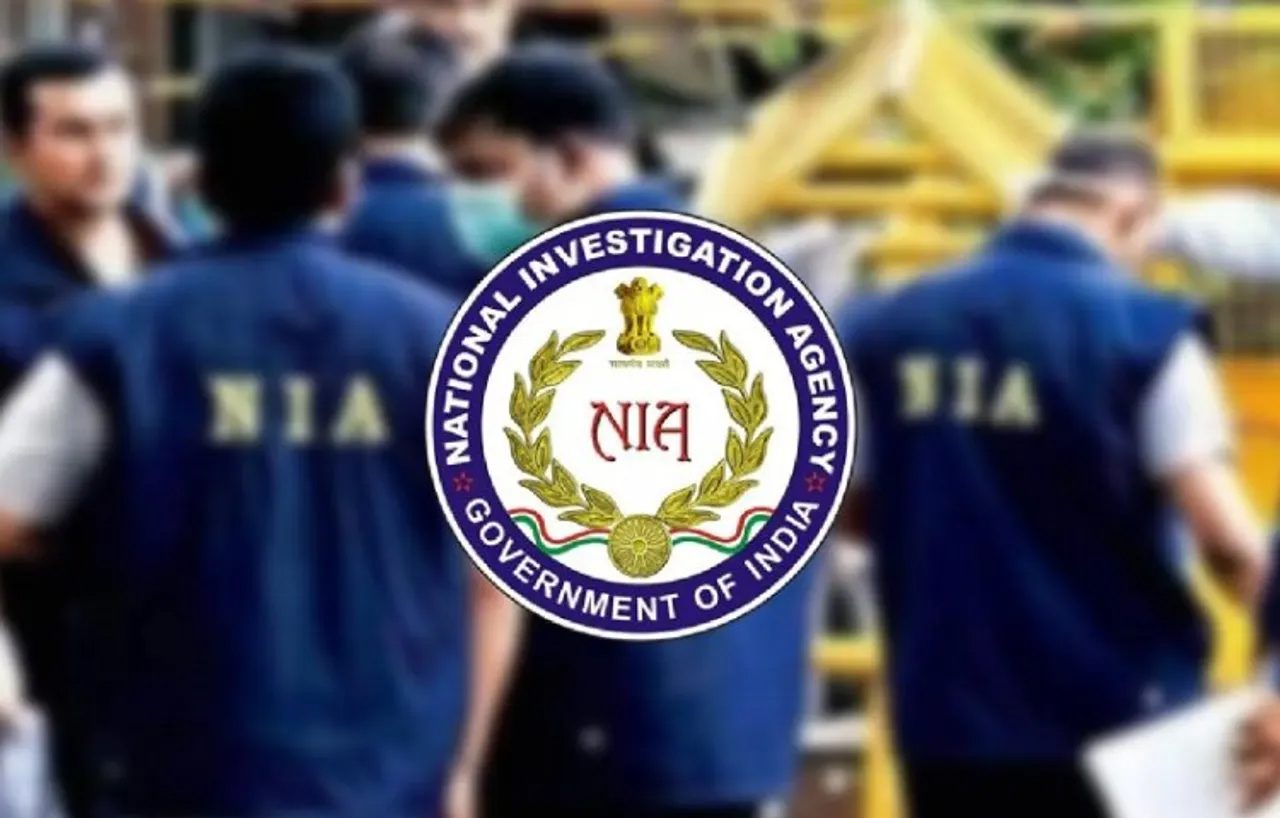NIA Grapples with Vacancies, Rising Caseload, Aging Workforce

New Delhi, July 30: In a startling revelation during the ongoing Monsoon Session of Parliament, Minister of State for Home Affairs Nityanand Rai informed the Lok Sabha that the National Investigation Agency (NIA), India’s premier counter-terrorism body, is grappling with a severe shortage of personnel. Of the 1,901 sanctioned posts, a staggering 541 positions remain vacant, raising concerns about the agency’s operational capacity amid rising national security challenges.
Despite this shortfall, the NIA has managed to maintain an impressive conviction rate of 97.43% over the past three years. Since 2022, the agency has secured judgments in 78 cases, out of a total of 677 cases registered as of June 30, 2025. This performance underscores the agency’s efficiency but also highlights the strain on its limited workforce.
Breakdown of Vacancies
The vacant posts span across critical operational and technical roles:
Inspectors: 77
Sub-Inspectors: 93
Assistant Sub-Inspectors: 54
Constables: 37
Technical & Administrative Staff: Remaining vacancies include Cyber Forensic Examiners, Network Administrators, Fingerprint Experts, and Data Entry Operators.
These gaps are particularly alarming given the increasing complexity of cases involving cyberterrorism, cross-border financing, and organized crime. Experts warn that without adequate staffing, the NIA’s ability to investigate and prosecute such cases could be compromised.
The government has taken steps to expand the NIA’s footprint, with 21 branch offices now operational across the country—up from just 8 before 2019. Additionally, 625 new posts were created in the last three years, including senior officers and technical experts. However, the pace of recruitment has not kept up with the expansion, leaving many of these newly sanctioned roles unfilled.
Security analysts argue that the manpower crisis could undermine India’s counter-terrorism strategy. “The conviction rate is commendable, but sustainability is a concern. Investigators are stretched thin, and delays in recruitment could lead to procedural lapses,” said a former NIA official who wished to remain anonymous.
The issue also raises questions about bureaucratic bottlenecks in recruitment and training. While the Ministry of Home Affairs claims that steps are being taken to address infrastructure and staffing needs, there is no clear timeline for filling the vacancies.
Opposition leaders have seized on the issue, accusing the government of neglecting internal security. “How can we claim zero tolerance for terrorism when our premier agency is operating at 70% capacity?” asked a senior Congress MP during the debate.
The NIA’s stellar conviction rate is a testament to the dedication of its personnel, but the current staffing crisis threatens to erode that success. As India faces evolving security threats, from cyberattacks to radicalization, ensuring that its investigative agencies are fully equipped is not just a bureaucratic necessity—it’s a national imperative.

 1 day, 22 hours ago
1 day, 22 hours ago











[[comment.comment_text]]